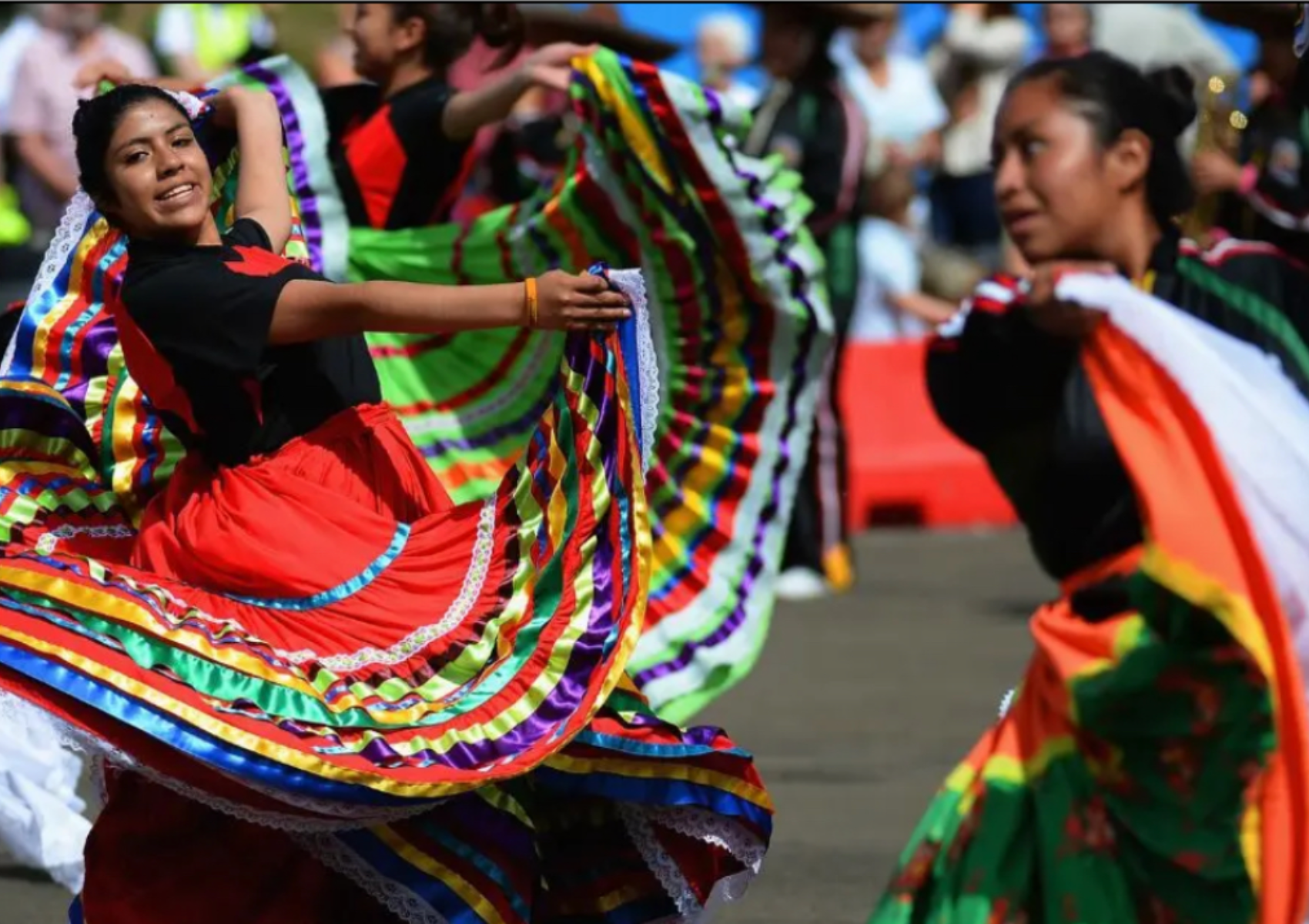Hispanic Heritage Month: Celebrating Culture, Contributions and Community Resilience
By Miguel Lopes, September 22, 2024
Hispanic Heritage Month is a celebration of resilience, creativity, and the enduring impact of Hispanic and Latino communities.
Hispanic Heritage Month, celebrated from September 15 to October 15, honors the rich culture, history, and contributions of Hispanic and Latino communities in the United States. Established in 1968 as a week-long celebration by President Lyndon B. Johnson, it was later expanded to a month by President Ronald Reagan in 1988. The dates coincide with the independence anniversaries of several Latin American countries, including Mexico and Chile.
The purpose of Hispanic Heritage Month is to promote awareness of the history, achievements, and experiences of Hispanic and Latino communities. It encourages a deeper understanding of the complex, multicultural fabric of the United States, while honoring the unique contributions of individuals who trace their heritage to Spain, Mexico, the Caribbean, Central America, and South America.
One of the most remarkable aspects of Hispanic Heritage Month is the celebration of diversity within the Hispanic and Latino communities. With roots spanning across multiple regions, the cultures, traditions, and languages represented are incredibly varied. Music, dance, and cuisine play integral roles in Hispanic culture. Food is another powerful connector, with dishes like tacos, paella, pupusas, and empanadas becoming popular staples far beyond their countries of origin. Hispanic influence is also felt in language, with Spanish being the second most spoken language in the United States. Cultural celebrations like Día de los Muertos, the Puerto Rican Day Parade, and Las Posadas help to keep these traditions alive while fostering a sense of community.
The month honors influential Hispanic figures like labor leader and civil rights activist César Chávez, Associate Supreme Court Justice Sonia Sotomayor, baseball legend Roberto Clemente, and the everyday contributions of Hispanic Americans in areas such as business, politics, arts, and science. In politics, leaders such as Congresswoman Alexandria Ocasio-Cortez, a rising political figure in the House of Representatives, are breaking barriers and advocating for marginalized communities.
Hispanic and Latino communities also contribute to climate change advocacy. Representative Raúl Grijalva and Alexandria Ocasio-Cortez have spoken on the need for more climate action in Congress. Numerous Latino-led nonprofits advocate for climate change mitigations and adaptations. Green Latinos and EcoMadres are a two organizations that continually push for a safer climate with cleaner energy for all communities. Many Latino communities face the repercussions of the climate crisis, which is a significant issue. Most Latinos in the United States consider global climate change an important concern, with a majority stating that it affects their local community to some extent. Including Latino voices in environmental conversations about challenges and solutions can encourage other Latino individuals to participate while also inspiring their neighbors to acknowledge their experiences with environmental discrimination.
Dolores Huerta is closely connected to the rise of the environmental justice movement. She is considered one of the most influential Latina figures of the 20th century, due to her tireless work as a community organizer, labor activist, civil rights leader, and advocate for social, economic, and environmental justice. Luis Villa is the Executive Director of Latino Outdoors, a non-profit organization that supports and organizes volunteers leading local conservation and outdoor education projects across the country. Ángel Peña serves as the Executive Director of Nuestra Tierra Conservation Project. The organization aims to provide access to the outdoors for members of border communities while ensuring that they have a meaningful impact on the management of public lands and waters.
As reported by Moms Clean Air Force, 50% of Hispanics in the United States live in 4 states already suffering the negative effects associated with climate change: California, Texas, Arizona, and New Mexico. The large number of Latino outdoor workers are primarily in construction and agriculture. According to the National Center for Farmworker Health, 92% of California farmworkers are Latinos. All outdoor workers are highly vulnerable to extreme heat and climate-related health disturbances. Federal regulations are being drafted now to protect workers from extreme heat and many organizations are advocating for their completion and implementation.
Hispanic Heritage Month also highlights ongoing challenges, such as immigration reform and educational access, encouraging both celebration and reflection. As the Hispanic population continues to grow in the United States, the significance of Hispanic Heritage Month becomes even more vital. It is a time not only for celebration but also for reflection on the ongoing journey toward equality, representation, and recognition.
Hispanic Heritage Month is a celebration of resilience, creativity, and the enduring impact of Hispanic and Latino communities. It is a time to recognize the profound ways in which these cultures have enriched the United States while also looking forward to a future where their stories are more fully integrated into the broader American narrative. This month serves as an opportunity for all Americans to appreciate the vibrant cultures that have shaped the nation's identity and to work toward a future that honors and respects the diversity that defines the country.
Change The Chamber is a nonpartisan coalition of over 100 student groups, including undergraduates, graduate students and recent graduates.
